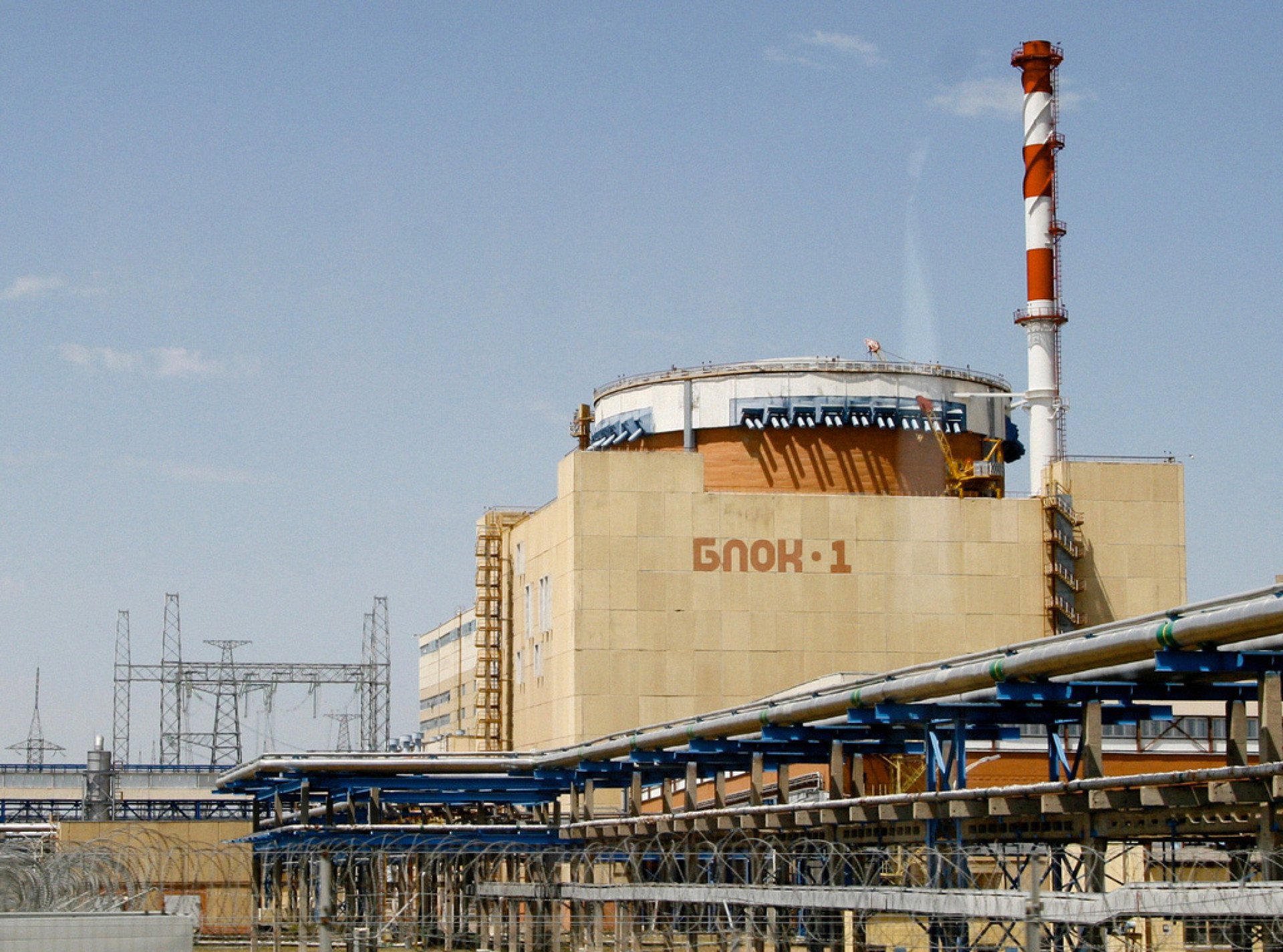- Category
- Latest news
Could the Recent US Ban on Russian Uranium Imports Set a Precedent for Nuclear Sanctions?

The US Senate’s ban on Russian uranium imports marks a decisive shift, setting a precedent for sanctions against Russia’s dominant nuclear industry. Despite past delays due to Russia’s technological edge, a decreasing supply chain and rising uranium prices are altering the landscape.
Last week the US Senate passed an act banning Russian uranium imports. It is the first precedent of real sanctions against the Russian civil nuclear power industry.
One of the reasons for the delay in sanctioning nuclear manufacturing is Russia’s production and technological dominance in the nuclear industry.
Rosatom is a Russian corporation specializing in nuclear energy, controlling 40% of global conversion capacity and 46% of enrichment capabilities. It is also the first and so far the world’s only commercial producer of a new type of fuel for fourth-generation nuclear reactors.
In 2021, the share of Russian uranium supplied to the US was 14%, and the company also had a 28% share in the provision of uranium enrichment services. As for the EU, its share in the supply of uranium was 17%, 22% in conversion, and 30% in the provision of uranium enrichment services.
Switching swiftly presented a problem for the West due to the high reliance on Russia in this field and the limited worldwide supply.
The draft law adopted last week by the US Senate establishes a ban on the import of Russian uranium until 2040. However, the Department of Energy will have the right to grant exemptions from the restrictions until 2028 if they won’t be able to secure alternative supplies.
The consistent rise in the price of uranium, which has been above $80 per pound of uranium since December 2023, led the producers to receive economic incentives to start the active development of new uranium deposits. New projects are planned to appear in the US, Canada, Australia, Namibia, and potentially Sweden.
Uranium conversion and enrichment
According to the latest annual report of the Euroatom Supply Agency for 2022, it can be concluded that under the conditions of maximum utilization of the existing and planned volumes of enrichment and conversion capacities of Western countries, the refusal of Rosatom’s services is quite real.
We can see a significant activity of Western companies over the past two years. Britain’s Urenco has announced a 15% capacity expansion at its enrichment plant in Eunice, New Mexico, as well as in the Dutch city of Almelo. France’s Orano has already planned a 30% percent increase in capacity at its Georges Bess 2 industrial facility in southern France.
Technical support of reactors
The most important task of countering Rosatom turned out to be the elimination of the dependence on the former countries of the communist bloc.
APIS project is a key initiative in this regard. The consortium received EU funding last year for the implementation of a project to produce nuclear fuel for Soviet and Russian reactors of the VVER type without the direct participation of Rosatom.
At the core of the initiative lies the Westinghouse industrial complex in Sweden, with several Central European nations and Ukraine actively involved in the project. In September 2023, the Rivne Nuclear Power Plant became the first in Europe to utilize non-Russian fuel for VVER-type reactors. More recently, a similar innovative fuel type was employed at Bulgaria’s Kozloduy Nuclear Power Plant.
Will the EU follow the US decision on the uranium embargo?
The first step to the successful implementation of sanctions may be the adoption of a medium-term strategy to eliminate dependence on Russian civilian nuclear energy.
The US decision to ban Russian uranium imports, while granting exemptions to some companies, places a limited time frame on those exemptions.
A similar strategy could be implemented in Europe when planning sanctions against Rosatom. It would ensure, a slow, but complete implementation of this decision.
-f88628fa403b11af0b72ec7b062ce954.jpeg)

-111f0e5095e02c02446ffed57bfb0ab1.jpeg)

-72b63a4e0c8c475ad81fe3eed3f63729.jpeg)

-c439b7bd9030ecf9d5a4287dc361ba31.jpg)
